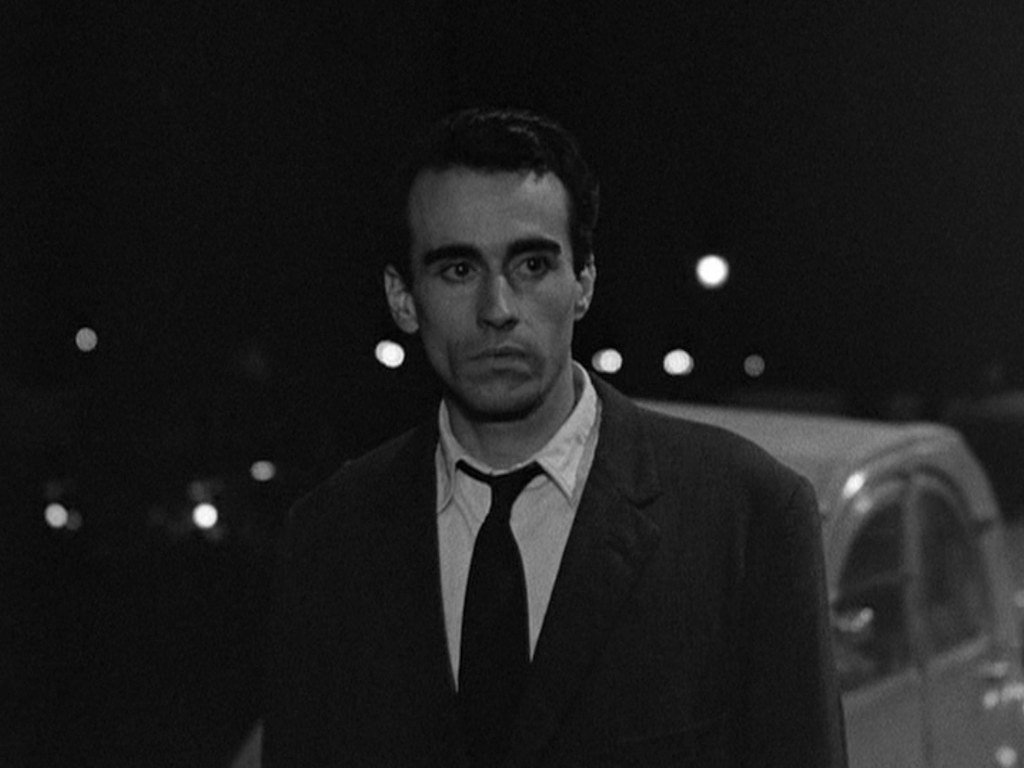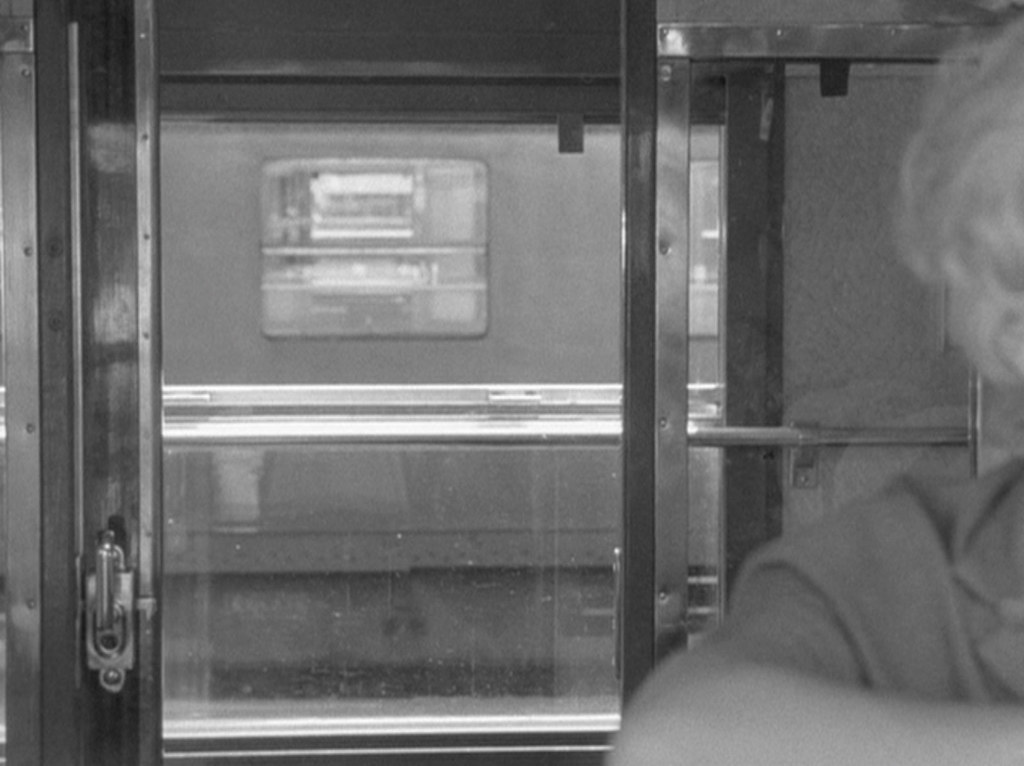
 coffee in mouchette
coffee in mouchettei felt a strong affinity with
bernanos' and
bresson's
mouchette. it's a film i would have liked to have made myself, but which i didn't understand. in
mouchette the motif is expressed clearly and explicitly, free from all impurities. the girl in
mouchette and the girl in
the devil's wanton are sisters, sisters in two similar worlds.
but while
the devil's wanton is full of quirks and divagation and coquetry and jumps about all over the place.
mouchette is clear as daylight. it's a pure work of art. the religious motif only comes in for a moment, before the titles, as one sees the girl sitting there crying, and she says- "how will they manage without me?" how are you to manage without the saint, without the person who bears your sufferings? just for a moment- and then all the rest of the film is completely undogmatic.
i'm also tremendously fond of
the diary of a country priest, one of the most remarkable works ever made. my
winter light was very much influenced by it.
(pages 43-44 from bergman on bergman: interview with ingmar bergman by stig björkman, torsten manns and jonas sima, da capo press, 1993)
also, see deakins post

